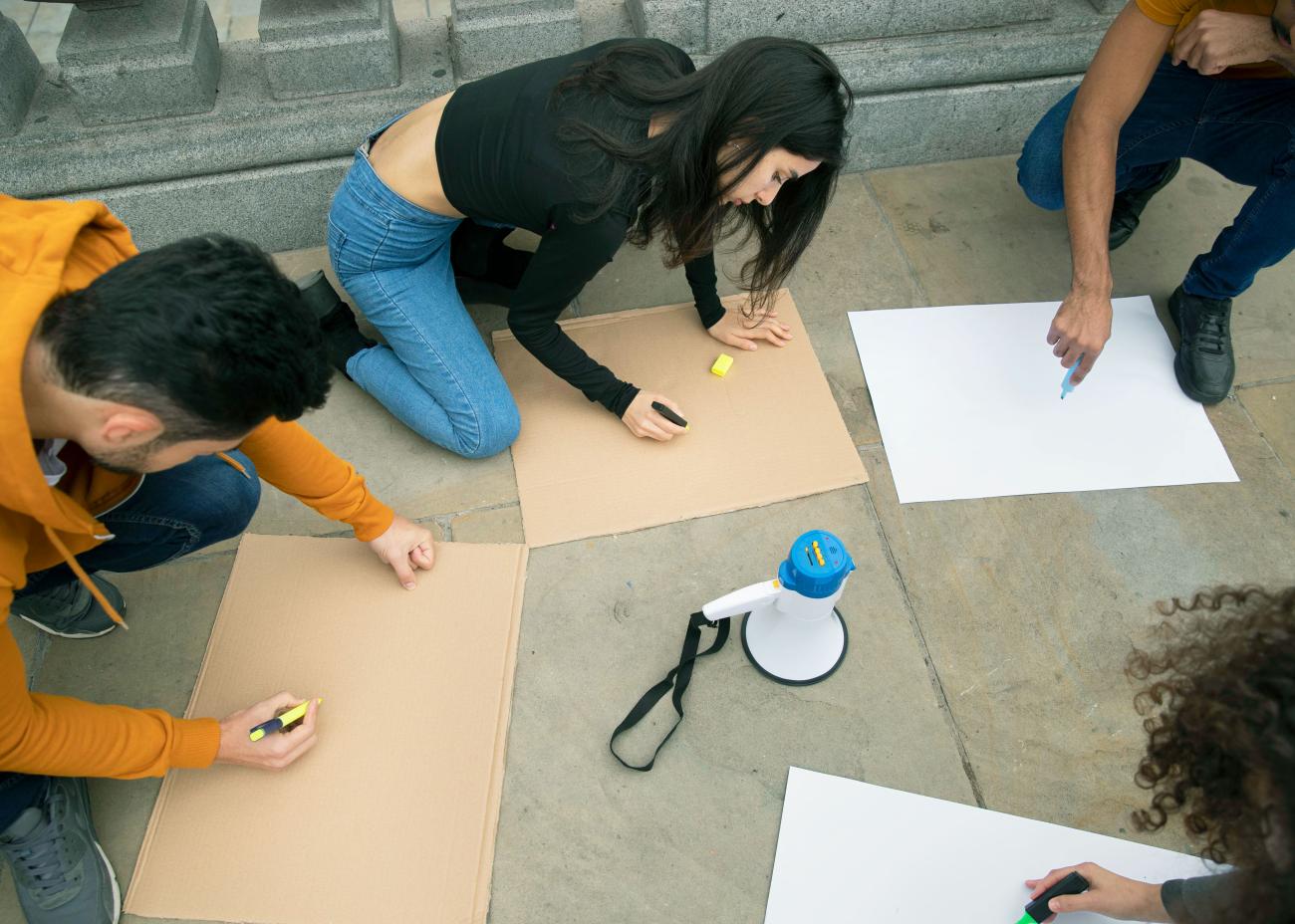Do you want to boost your employability and shape the future of youth work in Europe?
We have created a unique event to explore current challenges and, above all, the opportunities and tools that can truly support youth work across Europe.
This event “Sharing, Interculturality, Diversity, Employment” will be an opportunity to share the results and impact of the program, as well as to learn first-hand about the experiences of the different international partners who have collaborated throughout the project. We want it to be a space of inspiration and connection between professionals who work for the social inclusion of young people.
Date: September 15, 2025 / Time: 3:00 pm - 5:00 pm / Place: Online with Zoom
The event will be held in a virtual format and in English, and we will send you the connection link once you confirm your attendance.
We want to create pathways for empowerment, inclusion and active citizenship.
Join us and be part of this change!
Contact and registration: obretebre@sinergia.org

What is SIDE about?
What is SIDE about?
SIDE aims to promote youth employability by providing youth workers (who work with young people with fewer opportunities to develop skills) with training and tools, previously tested by partners in different job guidance contexts. In addition, the project aims to empower young people by promoting self-recognition of skills and abilities, which end up leading to a secure career path and improved employability.
The 6 partners from Italy, Spain and Greece will focus on the intercultural exchange of knowledge in the field of job guidance, involving working people and young people with fewer opportunities (vulnerability factors) in this process.
#SIDEproject #erasmusplus #youthworkers
Who are we?
Who are we?
We are 6 non-profit organizations from 3 different countries, which we have decided to join forces to implement SIDE in each country. This project is supported by the Erasmus+ program. The entities we are part of are Arciragazzi Portici and VedoGiovane from Italy, AHORA ONG and OBRE'T'EBRE from Spain, Generation 2.0 RED and KANE from Greece.


What is the gap that SIDE addresses?
What is the gap that SIDE addresses?
Professional skills or "hard skills" are no longer sufficient to guarantee a satisfactory job placement. Today, what makes the difference are transversal skills or "soft skills" which are an added value to the candidate's profile, being a decisive factor to achieve better performance. As a result of surveys carried out in companies, it is perceived that they are a key factor in facilitating entry into the world of work and building loyalty among working people. One of the biggest gaps in the integration of young people into the labor market is the lack of ability to convert acquired skills into congruent work behaviors.
How do we fill this gap?
How do we fill this gap?
SIDE focuses on the importance of self-recognition of one's abilities in life experience, and on the role of self-esteem. This is even more important when it comes to young people with fewer opportunities who face various challenges to access the labor market: lack of social resources, limited opportunities for education and vocational training, language barriers, prejudices, etc.
The partners of the project will exchange knowledge and practices in order to develop specific intervention methodologies and tools for youth workers who involve people outside the educational, training or formal employment context.

Multiplier act of the Erasmus+ SIDE program - Finished!
Come and discover the results and experiences of the European project SIDE - Erasmus+, in a participatory and enriching day!
Date: June 16, 2025 / Time: 9:30am - 1:30pm / Place: Torre Sant Antoni (Jesús, Roquetes - Tarragona)
Collaborators
Collaborators

